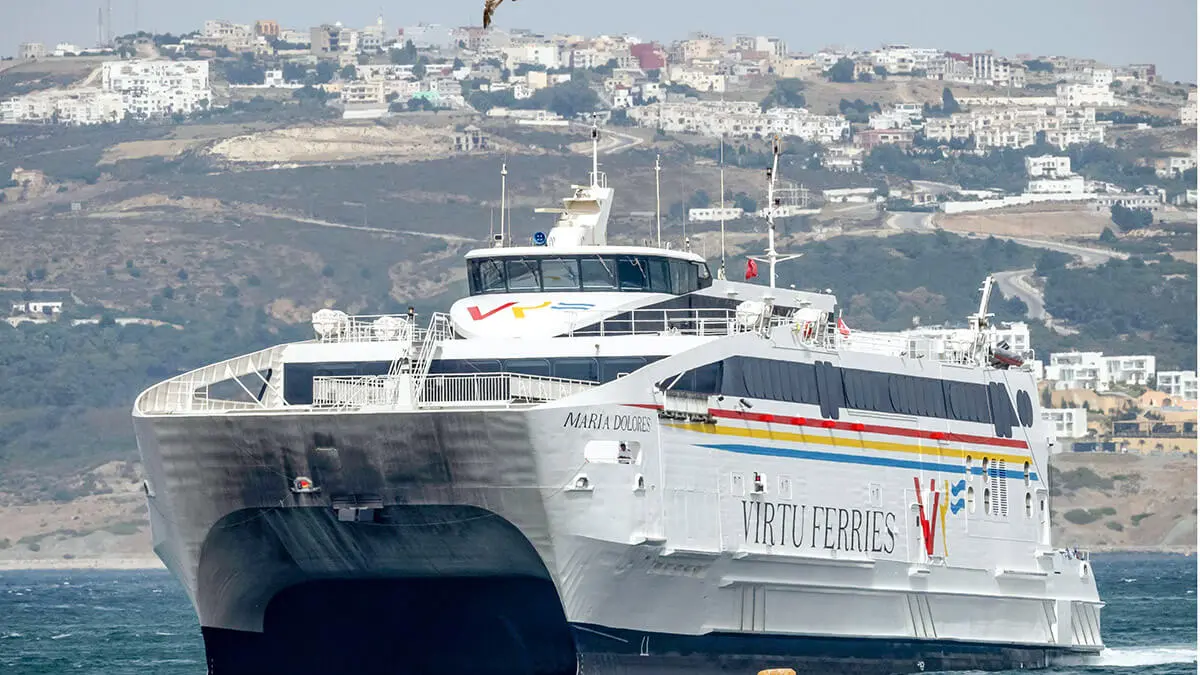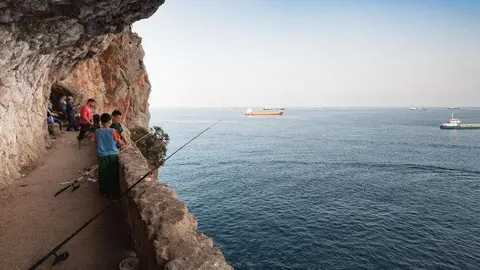The Mediterranean needs a climate change plan

Scientific evidence shows that man-made climate change is taking place. The consequences are severe and global, with continuing examples of natural disasters, such as floods or droughts, an increase in average temperatures and the knowledge that available resources are limited and solutions are needed.
The Mediterranean region is particularly suffering from this degradation and its consequences. Rising sea levels, salinisation of coastal areas, desertification, air and water pollution or record temperatures threaten all Mediterranean countries, which are also dependent on agriculture and tourism. Water scarcity knows no borders, countries or religions, and the situation requires us to mobilise and build together a future with a sustainable environment.
The only solution is to work together to be effective. Mediterranean countries must improve scientific and technical cooperation, invest in their own technologies, avoid waste, adopt better management systems for water and other resources, review deforestation, stop desertification and share information. Without planning, conditions will worsen and force large movements of people, such as climate refugees, and more chaos and problems with high economic and social costs.
In the face of major common challenges, the region needs a different way of operating and living, with urgent and effective joint responses, better management of resources, halting the threat to development, also managing tourism and preserving the great common historical heritage.
The great Mediterranean challenge is global, it goes beyond countries and their borders. We must create a concept of sustainable living that addresses today's problems with the aim of providing a better future for new generations. Only by coordinating efforts in a comprehensive shared vision of public and private actors in the region will it be possible to design feasible and effective solutions.
The first actions are planned: accelerating the energy transition and reducing carbon emissions, while promoting sustainable practices that involve everyone.
The need for a regional plan to boost renewable energy in a sustainable manner is paramount, as population growth and economic diversification have led to increased energy demand. Renewable energies, although a relatively recent entrant in the regional energy landscape, have great potential to reduce long-term costs, reduce carbon emissions, conserve water scarcity and create jobs.
In the Mediterranean region, the approach to combating climate change and moving towards sustainability and renewable energy must be holistic, driving the necessary changes not only in production and consumption, but also in multi-stakeholder collaborations, public-private partnerships, green economic thinking and green financing options. Everyone must be part of this movement to deliver the impact needed for lasting change.
Taking climate change seriously represents an important opportunity for the region's economies, as their future depends on diversification, efficiency and connectivity.
All businesses in the region will need to integrate climate finance into their fiscal policies. The need is for approximately $7 trillion globally by the end of this decade.
Climate change is reshaping the political discourse around the world and changing investor priorities. This, in turn, is driving business to prioritise the climate agenda.
The region, in particular the private sector, needs to accelerate investment in climate technology, invest in more efficient transport infrastructure such as railways, district cooling, water desalination and sustainable agricultural technology.
All companies and organisations in the region will need to integrate climate finance into their fiscal policies. Fiscal space needs to be created to increase funding for climate adaptation.
The need for increased climate finance is approximately $7 trillion globally by the end of this decade, with the private sector expected to fill 80% of the financing gap.
At the end of November, the 28th Climate Change Conference or COP28 will take place in Dubai. Awareness of what is at stake is growing, and expectations of a spirit of collective action and a truly global response are improving. Given the extent of the impact and direct repercussions in our region, Mediterranean countries should not be left behind.
It will require a collective effort, considerable help from the richer world powers that have caused the most damage to the climate in the most affected countries.
A collective green recovery must be the way forward if we are to ensure the sustainability of the planet and a brighter future for current and future Mediterranean generations.



